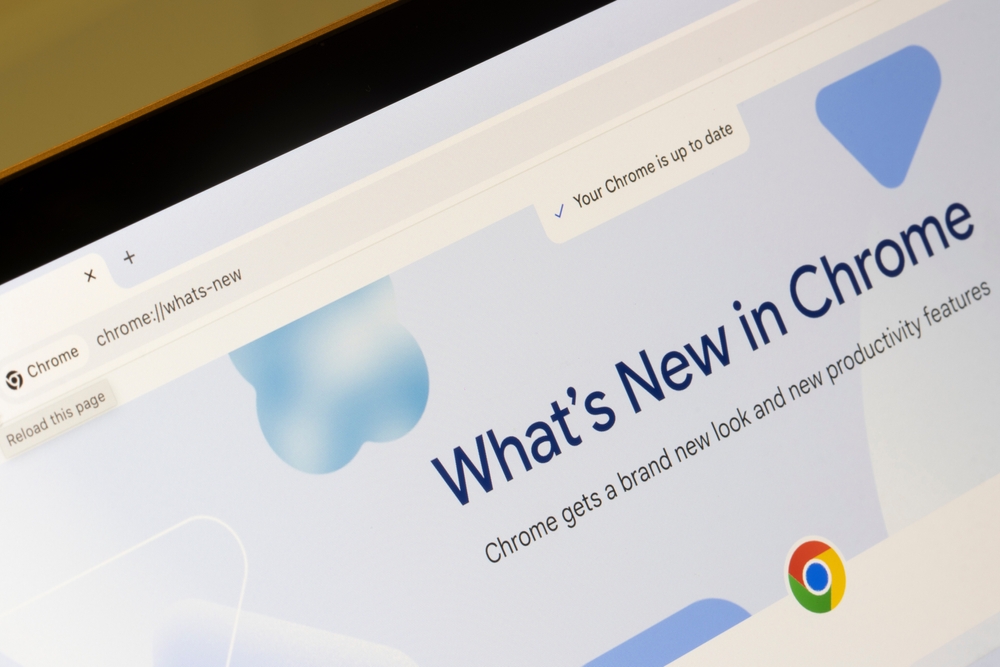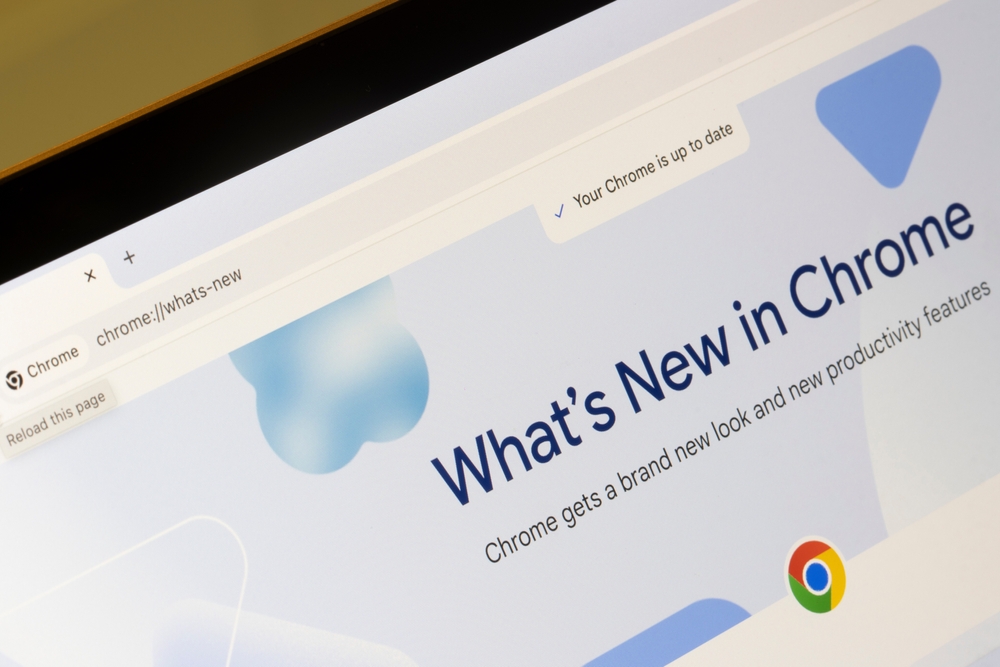When it comes to internet security, most people stick with what is familiar. Google Chrome dominates the browser market, but that does not mean it is the safest option. Chrome is fast and widely supported, but it also comes with serious privacy concerns. Google collects vast amounts of user data through its browser ecosystem, including browsing history, cookies, and location. If you are looking to reduce tracking, tighten your online security, or simply break free from data collection, there are better options available. Here are three web browsers that outperform Chrome when it comes to privacy, security, and control.
Brave Browser: Built for Speed and Privacy
Brave is a Chromium-based browser, which means it supports all your favorite Chrome extensions without relying on Google’s tracking infrastructure. Brave blocks third-party ads and trackers by default, creating a faster and cleaner browsing experience. Unlike Chrome, it does not funnel user data into a massive advertising system.
Brave’s built-in features include fingerprinting protection, HTTPS upgrades, and a private Tor browsing window for anonymous web access. Its default shield settings strip away cross-site trackers and malicious scripts. This approach results in faster page loads and fewer vulnerabilities from shady ad networks. It also offers an opt-in ad system that rewards users with Basic Attention Tokens, a digital currency that gives users a say in the advertising process.
Because it is not affiliated with a data-hungry company, Brave has no incentive to monetize user behavior. It gives users control over cookies, scripts, and site permissions. For anyone who wants Chrome-like performance without the privacy trade-offs, Brave is a strong and reliable upgrade.
Mozilla Firefox: Open Source and Highly Customizable

Firefox has been a longtime favorite among privacy advocates and independent developers. It is open source, meaning its code is transparent and can be audited by anyone. That makes it harder for hidden data collection tools or backdoors to sneak into the browser.
Firefox gives users powerful tools to protect their information. It blocks social trackers, cross-site cookies, and cryptominers without requiring extra extensions. Its Enhanced Tracking Protection feature shields users from invisible trackers that monitor browsing behavior across websites. It also offers fingerprinting protection and full cookie isolation to prevent sites from building unique profiles based on user habits.
Unlike Google, Mozilla does not rely on advertising revenue. It is funded mostly through nonprofit agreements and partnerships that do not require extensive user surveillance. Firefox’s commitment to open development and privacy makes it a top choice for users who value transparency and security. It also offers a mobile version that syncs with your desktop browser without exposing your data to unnecessary risks.
Read More: 10 Things You Should Delete From Your Facebook Immediately
Tor Browser: Maximum Anonymity and Protection
For users who need the highest level of privacy, the Tor Browser stands out. It is based on Firefox but routes all traffic through the Tor network, a decentralized system that encrypts data and bounces it across multiple nodes before reaching its destination. This layered encryption makes it extremely difficult for any website, advertiser, or government entity to trace your activity or location.
Tor is the only browser in this list that offers real anonymity online. It blocks scripts by default, disables most browser fingerprinting techniques, and even resists surveillance from powerful actors. Users can visit both regular websites and “.onion” sites that exist only on the Tor network. It also prevents websites from learning anything about your device, connection, or location.
Because of its intense privacy focus, Tor is not ideal for everyday web browsing. It can be slower than other browsers because of its multi-hop routing, and some websites may block Tor traffic. However, for secure communications, researching sensitive topics, or avoiding censorship, no browser offers greater protection. Tor is essential for users who face surveillance threats or simply want to keep their online behavior fully private.
Why Chrome Falls Short on Security

Google Chrome may be fast and feature-rich, but it is not built with privacy in mind. It tracks user behavior to support advertising tools and integrates with Google services that rely on personal data. Chrome stores browsing history, search queries, and even synced passwords in the cloud, giving the company access to a broad range of sensitive information.
Although Chrome does offer some built-in security tools like Safe Browsing and sandboxing, these do not address the broader issue of surveillance-based business models. Chrome is more focused on user engagement and monetization than protection. This makes it a poor fit for users who want control over how their data is collected, stored, and shared.
Google also tends to delay or oppose web privacy features that would hurt its ad business. While other browsers push forward with privacy protections, Chrome often lags behind. This leaves users more exposed to trackers, cookies, and data profiling than necessary.
Choosing the Right Browser for Your Needs
The best browser for you depends on how much privacy you want and how you use the internet. Brave is a good all-around option for users who want Chrome-like performance with better privacy. Firefox is ideal for those who want a secure and customizable experience without trusting a major tech company. Tor is essential for users who need complete anonymity, especially in high-risk environments or under censorship.
All three of these browsers are free, open source, and regularly updated. They respect user control, minimize data collection, and offer strong default protections that Chrome lacks. If you are still using Google Chrome by default, it may be time to rethink your setup.
Other Alternatives Worth Mentioning
While Brave, Firefox, and Tor are the top picks, there are other browsers that offer good privacy features as well. DuckDuckGo has a mobile browser with tracker blocking and fireproofing features. Vivaldi offers deep customization and does not track users, though it is not fully open source. Ungoogled Chromium is a stripped-down version of Chrome that removes all Google services, but it requires more technical knowledge to use effectively.
The key takeaway is that you have options. You do not have to settle for a browser that puts profit over privacy. Switching is easy, and most alternative browsers offer import tools to carry over your bookmarks, passwords, and settings.
Read More: Avoid Storing These 12 Things on Your Phone if You Care About Security
Secure Browsing
Security and privacy are not the same thing. Google Chrome may protect users from malware and phishing, but it does little to shield them from data collection. That is where alternatives like Brave, Firefox, and Tor come in. They are designed with user control and privacy as top priorities.
Using one of these browsers is a simple step that can drastically improve your online safety. Whether you are browsing the news, shopping online, or handling sensitive information, your browser choice matters. Chrome is no longer the gold standard for web security. Better tools exist, and making the switch is one of the smartest tech decisions you can make in today’s digital world.
Disclaimer: This article was created with AI assistance and edited by a human for accuracy and clarity.

